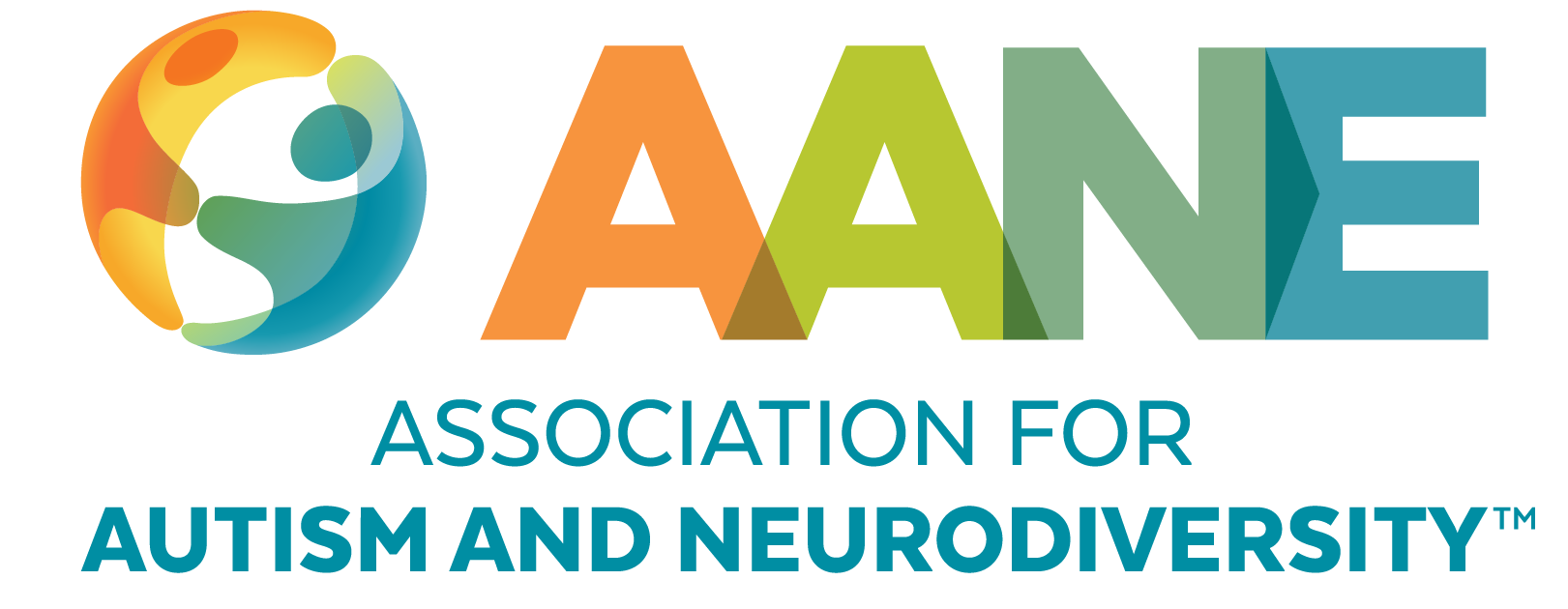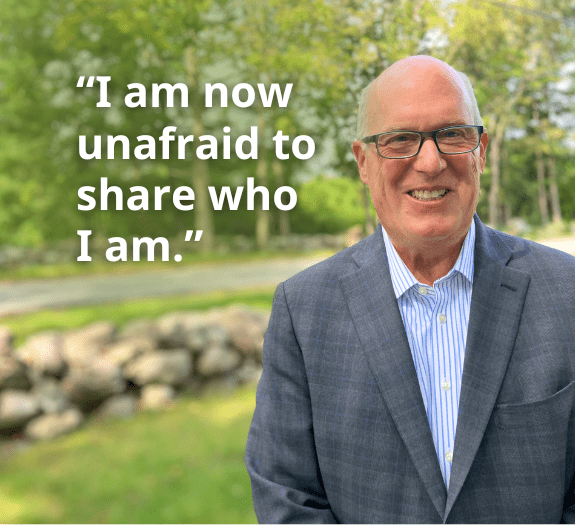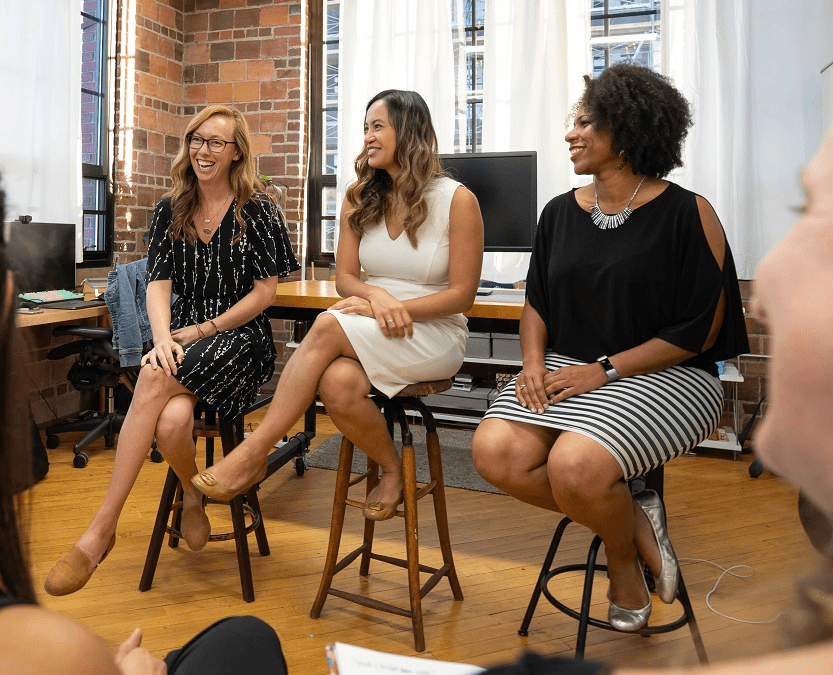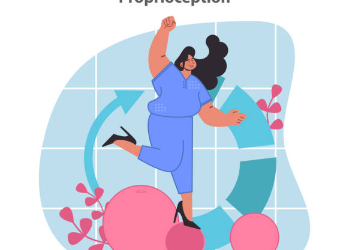Empowering Individuals. Building Community.
Questions about autism or AANE services? Schedule a free call.

I’m looking for supports and resources for:
Conference Recording Available!
This conference will provide valuable insights and practical tools for Autistic and other Neurodivergent individuals navigating the complexities of adulthood. Emphasizing the importance of interdependence, AANE will offer a day of learning designed to foster capability and confidence in adulthood, including information on healthcare, financial literacy, housing, and more.
Diversity, Equity, & Inclusion
AANE for Equity
AANE recognizes the deep inequities that continue to exist in our society, and we are committed to identifying and addressing the ways our organization can improve how we serve communities with underrepresented identities.
See what AANE is doing to improve programs & services for underrepresented communities.
Featured Articles

Executive Director's Blog, Executive Director, Diagnosis, Disclosure / Self-Advocacy, Daily Living, Diagnosis & Disclosure: Children & Teens, Parenting Teens / Adults, Adult, Parent / Family Member, Professional, Teen
Celebrating Progress Towards Autism Acceptance
Apr 04, 2024
What Our Community Celebrates
By: AANE Staff | Apr 04, 2024
Autism in Women and Girls
By: AANE Staff | Aug 18, 2023
The Why and How of Diagnosis for Children & Teens
By: Amanda Bailey | Jul 25, 2023
Neurocurious: Creating a Learning Culture
By: Karen Lean | Oct 04, 2022
Stay Current
Subscribe for AANE weekly emails, monthly news, updates, and more!
















